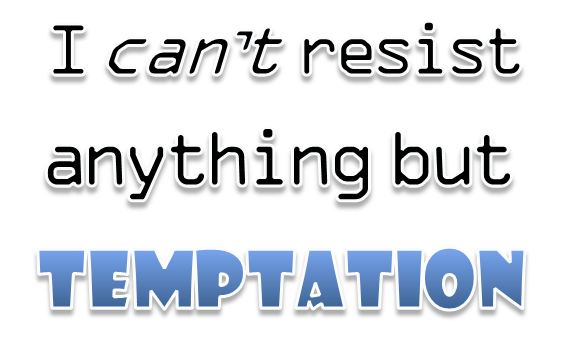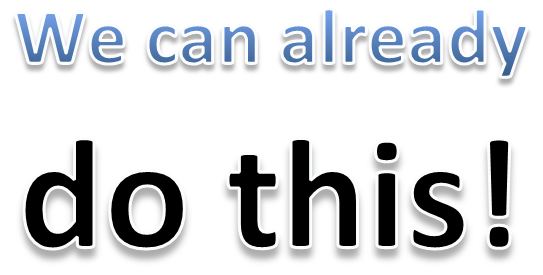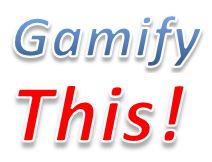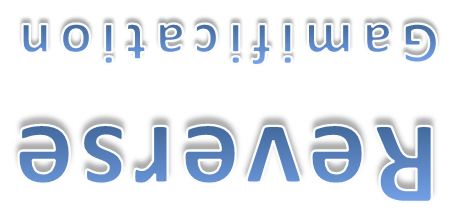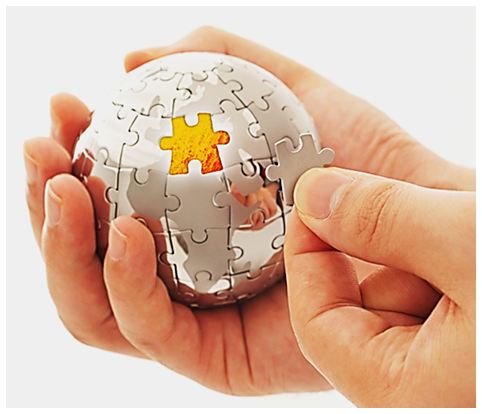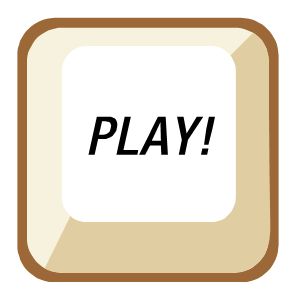Rescuing serious journalism by productively reducing it to mindless fun
Few news editors would claim that they are not an endangered species, so even the most whimsical-sounding ideas are no longer quite so easily dismissed as being irrelevant or unnecessary
Science shows that self-discipline taxes the soul
We wisely use our ‘self-restraint muscle’ to get things done, but research shows that even exercising it just a little bit can turn the most robust of minds into momentary marshmallow
Building systems that can solve tougher problems
To achieve this, a system (involving people and machines) should be constructed so that it can ultimately, in some relevant ways, become ‘smarter’ than any of its individual (human) participants
Gamification isn’t enough: we’re missing something big here
Using the dynamics of games as a way of improving engagement in such things as work, marketing and education shows great promise, but something relevant that gamers do is being ignored
Metagamification in marketing: just an integration thing?
If gamification is about ‘applying the art of games design to things other than games’, marketing metagamification takes what games designers do when they ‘go beyond the boundaries of a defined game’ and apply THAT to branded social apps
Reverse gamification’s next big test? Windows 8 Metro
Here’s concrete proof that Windows 8 is a puzzle that its intended users cannot solve unaided. Reverse gamification suggests that ultimately, this fact probably won’t make the slightest difference to its prospects for success
Reverse gamification
Puzzles are (deliberately) bad user interfaces. We’re told to love the look of things which have ‘invisible’ interfaces, because designers love simplicity. Hide those countless features, make it look simple. But this turns things into games with hidden rules. Not everyone wants to play.
Educational reform as we know it will die
Renowned educational critic Steve Peha is unconvinced that any of the current or proposed major educational reform initiatives will change anything. Ever.
Self-help 2.0 is self-gamification
Disappointingly, behaviour change through ‘just gamifying your own health tracking’ doesn’t always work very well. Why not? It just might turn out that, for most of us, personal health tracking is not really a single player game.
A new name for gamification
The current term cunningly implements its own strategy: it conveys trivialisation to the uninitiated, conveniently excluding the ignorant and preserving its power for the enlightened few
Teaching design thinking through gamification
We know we’re creating problems that the next generation will be left to fix, so the least we can do is to give them the skills to fix them, and yet we’re still failing on a grand scale. The good news is that we’re discovering new ways to help them work out how to do this for themselves.
Does the idea of “turning everything into a game” just sound silly to you?
Then you may be behind the times. Your business might soon be someone else’s football and you may become nothing more than their pawn. Just because business is only just starting to realise that turning everything into a game can work, doesn’t mean that you can afford to just sit back and wait for the results


